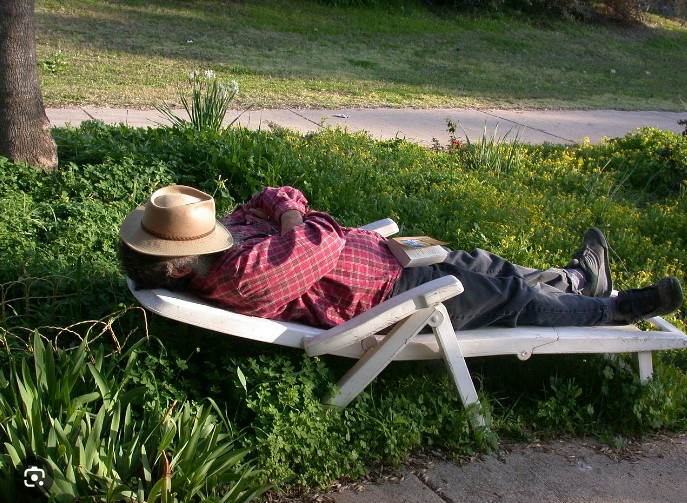It used to be that daytime napping was considered a form of indolence defining the “dolce far niente” of “siesta cultures”, mainly in hot climates—or just laziness. But for some scientists, this may not be the whole story, and the latest scientific study advises that if you want to keep your brain young, you should take a short daytime nap.
According to a new study published on June 20, 2023, by WebMD, people who regularly take short daytime naps may be able to keep their brains young and prevent the aging process by the equivalent of 2 to 6 years. The findings suggest that taking a 5 to 15 minute nap during the day can help reduce the risk of dementia as well, and slow down the rate at which brains shrink as we age.
“Our findings suggest that, for some people, short daytime naps may be a part of the puzzle that could help preserve the health of the brain as we get older,” said senior author Victoria Garfield, a senior research fellow at UCL, in a statement.
While the study was “well-conducted,” limitations include the fact that napping habits were self-reported, said Tara Spires-Jones, president of the British Neuroscience Association and deputy director of the Centre for Discovery Brain Sciences at the University of Edinburgh, who was not involved in the study.
Nevertheless, “Even with those limitations, this study is interesting because it adds to the data indicating that sleep is important for brain health,” she said.
In response, lead study author Valentina Paz, a researcher at the University of the Republic of Uruguay and UCL, told CNN that she agreed “the work has some limitations,” but they’re “confident” in the method used in the study.
In the study, published Monday in the journal Sleep Health, researchers used a technique called Mendelian randomization to analyze DNA samples and brain scans from 35,080 people aged 40 to 69 involved in the UK Biobank study, a large biomedical database and research resource that followed UK residents from 2006 to 2010.
“By looking at genes set at birth, Mendelian randomization avoids confounding factors occurring throughout life that may influence associations between napping and health outcomes,” said lead author Paz in the statement.
However, such a technique can only show an association between nap and brain health, not cause and effect. In addition, researchers did not have information on nap duration, which can impact whether sleep is helpful or harmful.
Meanwhile, previous research has shown that elderly adults who napped more than once a day, or more than an hour a day, were 40% more likely to develop Alzheimer’s than those who did not nap daily or napped less than an hour a day, according to a study published in Alzheimer’s and Dementia: The Journal of the Alzheimer’s Association, in March 2022.
What’s more, in July 2022, a study found that people who often nap have a greater chance of developing high blood pressure and having a stroke.
“This may be because, although taking a nap itself is not harmful, many people who take naps may do so because of poor sleep at night. Poor sleep at night is associated with poorer health, and naps are not enough to make up for that,” said clinical psychologist Michael Grandner in a statement at the time. Grandner directs the Behavioral Sleep Medicine Clinic at the Banner-University Medical Center in Tucson, Arizona, and was not involved in the study.
It may all be a mix of good news for those who are fond of naps, and bad news if you like them long.












